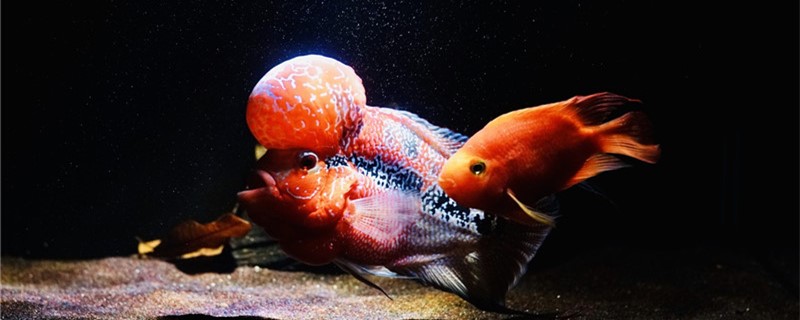
Fish do not have lungs. The characteristic of these animals is that they breathe with their gills. Fish in the water will keep their mouths open, the purpose of doing so is to swallow water from the air, but the swallowed water does not enter the body, but from the gills, gill filaments on the gills are densely covered with capillaries, when water passes through, it will complete its volume exchange, so as to obtain oxygen in the water.
1. Swim bladder: In addition to breathing with gills, African lungfish can also breathe with swim bladder. Because its swim bladder looks like a lung from the structure, it is called lungfish. There are many small air chambers of different sizes on the side wall of the central cavity of the swim bladder, just like alveoli, and there are small air sacs in the small air chambers, much like alveoli, through which fish can store air and breathe.
2. Intestinal tract: The loach is a fish of the loach genus of the loach family. As we all know, it can live in places without water. Usually when the dissolved oxygen in the water is low, it will swim to the surface and breathe in the intestine. When the pool dried up, he would get into the mud, and as long as there was a small amount of water in the soil, it would not die.
3. Skin: In the northwest of the Pacific Ocean, there is a kind of mudskipper, which is a warm-temperate inshore small fish. It is cave-dwelling and generally inhabits estuaries and other areas. This kind of fish can leave the water surface and breathe on land, relying on the skin and oral mucosa, so that it can also absorb oxygen from the air.